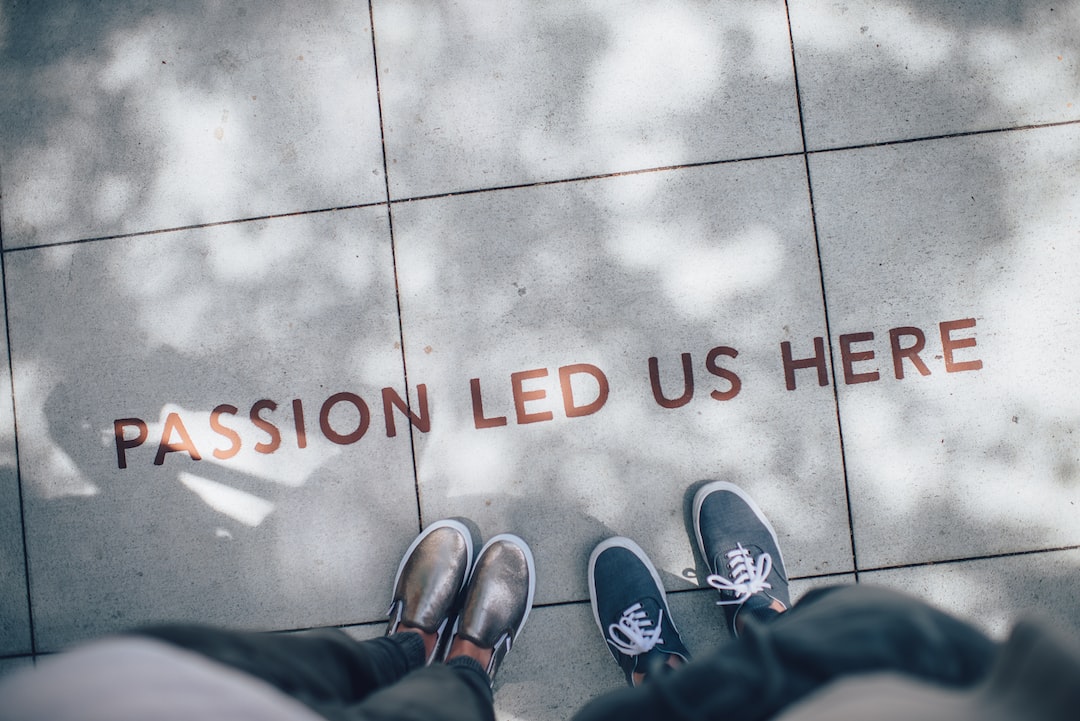The Psychology Behind Social Media Addiction and How to Break Free
In today’s digitally connected world, it is undeniable that social media has become an integral part of our daily lives. While it has many benefits, such as allowing us to stay connected with loved ones and keeping us informed about current events, it is important to recognize the detrimental impact it can have on our mental health.
Social media addiction is a real phenomenon that has been extensively studied by psychologists. It is characterized by an obsessive and compulsive need to use social media platforms and a difficulty in controlling its use, despite negative consequences. But what causes this addiction?
One of the main factors behind social media addiction is the brain’s response to notifications and feedback. When we receive likes, comments, or messages on social media, our brain releases dopamine, a neurotransmitter associated with pleasure and reward. This creates a pleasurable sensation that can become highly addictive, as we constantly seek that “feel-good” response.
Additionally, social media provides a platform for validation and social comparison. We often seek validation from others through likes and comments on our posts, and compare our lives to those of others, which can lead to feelings of inadequacy and low self-esteem. This constant need for validation and the fear of missing out (FOMO) feeds our addiction and keeps us glued to our screens.
Breaking free from social media addiction requires a conscious effort and a shift in mindset. Here are some strategies to help you regain control over your social media use:
1. Set clear boundaries: Determine specific times of the day when you allow yourself to use social media. By setting limits, you create structure and reduce mindless scrolling.
2. Practice digital detox: Take regular breaks from social media by completely disconnecting for a set period of time. Use this time to engage in activities that bring you joy and fulfillment.
3. Challenge comparison mindset: Remember that social media is a highlight reel of people’s lives, not a true reflection of reality. Focus on your own journey and accomplishments instead of comparing yourself to others.
4. Find alternative activities: Discover new hobbies or reconnect with old ones. Engage in activities that enrich your life and provide a sense of purpose outside of social media.
5. Seek social support: Talk to friends or family members about your goals to break free from social media addiction. They can provide accountability and support during this process.
Remember, breaking free from social media addiction is not easy, but it is essential for your mental well-being. By understanding the psychology behind it and implementing healthy habits, you can reclaim control over your digital life and experience a more balanced and fulfilling existence.

